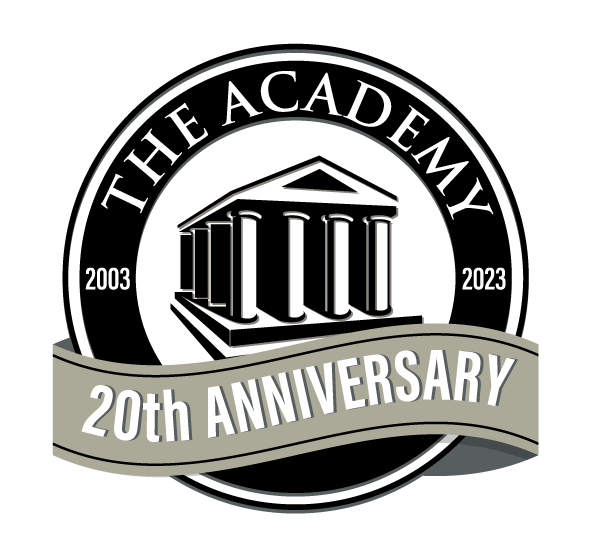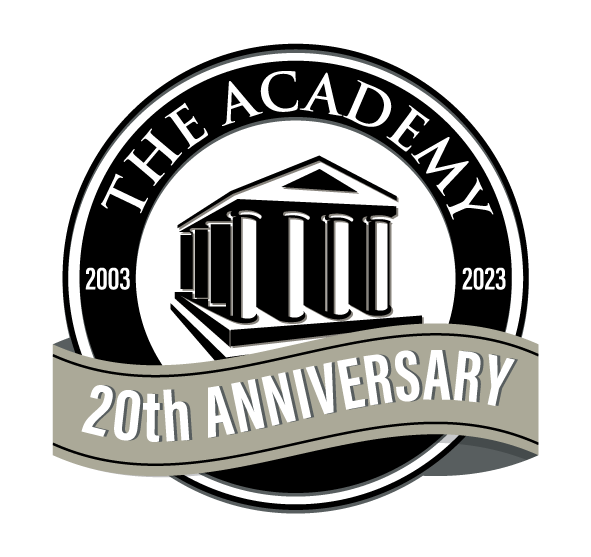Description
Duration: 5 days
The ITIL Intermediate Qualification: Release, Control, and Validation (RCV) Certificate is a free-standing qualification but is also part of the ITIL Intermediate Capability stream, and one of the modules that leads to the ITIL Expert Certificate in IT Service Management. The purpose of this training module and the associated exam and certificate is, respectively, to impart, test, and validate the knowledge on industry practices in service management as documented in the ITIL Service Lifecycle core publications.
This is a five-day boot camp.
Prerequisites
The target group of the ITIL Intermediate Qualification: Release, Control, and Validation Certificate includes, but is not restricted to:
- IT professionals
- Business managers
- Business process owners
- Individuals who require a deep understanding of the ITIL Certificate in the Release, Control, and Validation processes and of how it may be used to enhance the quality of IT service support within an organization.
- IT professionals that are working within an organization that has adopted and adapted ITIL, and who need to be informed about, and thereafter contribute to, an ongoing service improvement program
- Operational staff involved in change management, release and deployment management, service validation and testing, service asset and configuration management, request fulfillment, change evaluation, and knowledge management, and who wish to enhance their role-based capabilities
- Individuals who have attained the ITIL Foundation Certificate in IT Service Management and wish to advance to higher level ITIL certifications
- Individuals seeking the ITIL Expert Certificate in IT Service Management for which this qualification can be one of the prerequisite modules
- Individuals seeking progress toward the ITIL Master Certificate in IT Service Management for which the ITIL Expert is a prerequisite.
What’s included?
- Authorized Courseware
- Intensive Hands on Skills Development with an Experienced Subject Matter Expert
- Hands-on practice on real Servers and extended lab support 1.800.482.3172
- Examination Vouchers & Onsite Certification Testing- (excluding Adobe and PMP Boot Camps)
- Academy Code of Honor: Test Pass Guarantee
- Optional: Package for Hotel Accommodations, Lunch and Transportation
With several convenient training delivery methods offered, The Academy makes getting the training you need easy. Whether you prefer to learn in a classroom or an online live learning virtual environment, training videos hosted online, and private group classes hosted at your site. We offer expert instruction to individuals, government agencies, non-profits, and corporations. Our live classes, on-sites, and online training videos all feature certified instructors who teach a detailed curriculum and share their expertise and insights with trainees. No matter how you prefer to receive the training, you can count on The Academy for an engaging and effective learning experience.
Methods
- Instructor Led (the best training format we offer)
- Live Online Classroom – Online Instructor Led
- Self-Paced Video
Speak to an Admissions Representative for complete details
| Start | Finish | Public Price | Public Enroll | Private Price | Private Enroll |
|---|---|---|---|---|---|
| 5/12/2025 | 5/16/2025 | ||||
| 6/2/2025 | 6/6/2025 | ||||
| 6/23/2025 | 6/27/2025 | ||||
| 7/14/2025 | 7/18/2025 | ||||
| 8/4/2025 | 8/8/2025 | ||||
| 8/25/2025 | 8/29/2025 | ||||
| 9/15/2025 | 9/19/2025 | ||||
| 10/6/2025 | 10/10/2025 | ||||
| 10/27/2025 | 10/31/2025 | ||||
| 11/17/2025 | 11/21/2025 | ||||
| 12/8/2025 | 12/12/2025 | ||||
| 12/29/2025 | 1/2/2026 |
Curriculum
Introduction to Release, control, and validation (RCV)
- The purpose, objectives, and scope of service transition lifecycle phase
- The RCV processes in relation to service transition
- Activities related to overall transition planning and ongoing support
Change management
- The end-to-end process flow for change management, including its policies, design strategy, concepts, activities, and interfaces with other processes
- A measurement model and the metrics that would be used to support change management within RCV practices
- The benefits and business value that can be gained from change management and the challenges and risks to be managed
Service asset and configuration management (SACM)
- The end-to-end process flow for service asset and configuration management, including its policies, design strategy, concepts, activities and interfaces with other processes
- A measurement model and the metrics that would be used to support service asset and configuration management within RCV practices
- The benefits and business value that can be gained from service asset and configuration management and the challenges and risks to be managed
Service validation and testing (SVT)
- The end-to-end process flow for the SVT process, including its policies, concepts, activities, and interfaces with other processes
- Test modeling techniques and testing concepts (for example, stakeholder requirements, test conditions, environments, data), and how these test components are used to ensure service quality
- A measurement model and the metrics that would be used to support service validation and testing within RCV practices
- The benefits and business value that can be gained from SVT and the challenges and risks to be managed
Release and deployment management (RDM)
- The end-to-end process flow for release and deployment management, including its policies, concepts, phases, activities, and interfaces with other processes
- Release and deployment models and related activities (for example, design, planning, build, pilots test, transfer, deployment, retirement), and how these activities ensure service quality
- A measurement model and the metrics that would be used to support release and deployment management within RCV practices
- The benefits and business value that can be gained from release and deployment management
Request fulfillment
- The end-to-end process flow for request fulfillment, including its policies, concepts, activities, and interfaces with other processes (for example, RDM, SACM and change management)
- Request fulfillment models and related activities (for example, the effectiveness of designs, changes, performance) and how these activities help to ensure quality service within RCV
- A measurement model and the metrics that would be used to support request fulfillment within RCV practices
- The benefits and business value that can be gained from request fulfillment and the challenges and risks to be managed
Change evaluation
- The end-to-end process flow for change evaluation, including its policies, concepts, activities interfaces with other processes
- Perspectives and considerations for evaluating the effectiveness of a service change
- A measurement model and the metrics that would be used to support change evaluation within RCV practices
- The benefits and business value that can be gained from change evaluation and the challenges and risks to be managed
Knowledge management (KM)
- The end-to-end process flow for knowledge management, including its policies, concepts, activities, and interfaces with other processes (for example CSI processes)
- Related concepts (for example, data-information-knowledge-wisdom (DIKW)) and how these activities help to ensure knowledge transfer and improved decision-making
- The benefits and business value that can be gained from knowledge management and the challenges and risks to be managed
Release, control, and validation roles and responsibilities
- Generic roles that support service transition and the RCV processes
- The roles and responsibilities related to transition planning and support, change management, service asset, and configuration management, service validation and testing, release and deployment management, request fulfillment, change evaluation, and knowledge management.
- Where and how these are used, as well as how they fit within the context of service transition
Technology and Implementation Considerations
- The technology requirements for service management tools, where and how these would be used within RCV (for example, knowledge management and service asset and configuration management)
- The need and benefits of tools that support service transition as related to RCV
- Implementing RCV processes in the context of planning and managing change, service operation, project management, risk management, and staff considerations


